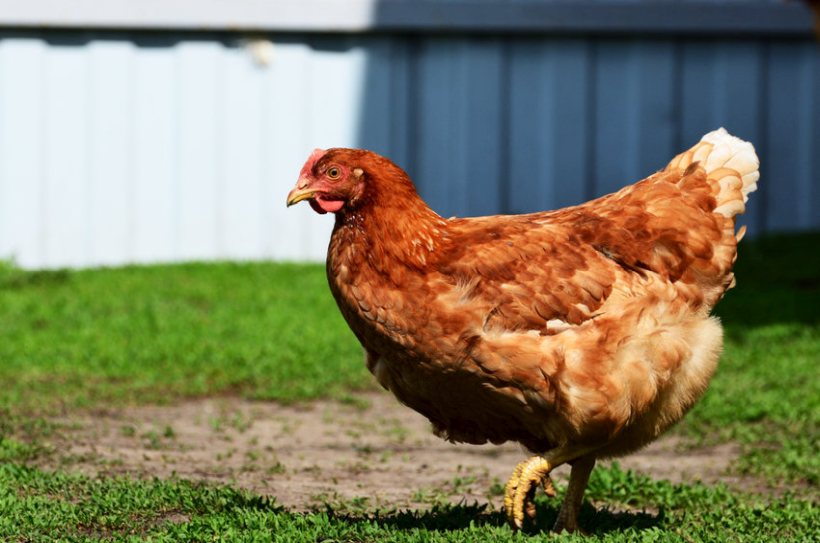
Authorities have confirmed a new case of highly-pathogenic bird flu in Nottinghamshire, just days after the government relaxed the UK's strict biosecurity rules.
Avian influenza of the H5N1 subtype was confirmed on Saturday (7 May) in commercial poultry at a farm near Lowdham.
Defra said that a 3km Protection Zone and 10km Surveillance Zone had been put in place around the premises.
The fresh case will be of renewed concern to the poultry sector, as it comes just days after the government relaxed the UK's mandatory poultry housing order.
The strict measure was introduced on 29 November 2021 to help stem the UK's worst ever outbreak of highly pathogenic avian influenza.
As part of the order, it was a legal requirement for all farmers and keepers to keep their birds indoors and to follow strict biosecurity measures.
But late last month, Defra reduced the bird flu risk level for wild birds from 'very high' to 'high' and 'medium' to 'low' for poultry, where good biosecurity is applied.
It is thought the relaxation of the rules was on the basis that migratory birds had left the country to return to their summer breeding grounds.
Higher ambient temperatures also played a role in helping to reduce the level of virus in the environment.
In a joint statement, the UK's four chief veterinary officers said: “Whilst the lifting of the mandatory housing measures will be welcome news to bird keepers, scrupulous biosecurity remains the most critical form of defence to help keep your birds safe.
“It is thanks to the hard work of all bird keepers and vets, who have played their part in keeping flocks safe this winter, that we are in a position to take this action.
"However, the recent cases of avian influenza show that it’s vital that bird keepers remain vigilant for signs of disease and maintain stringent standards of biosecurity.”
In England alone, there has been 97 cases of bird flu, while Scotland and Wales have recorded eight and five cases respectively.
